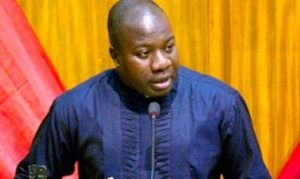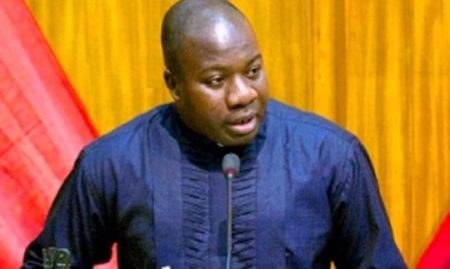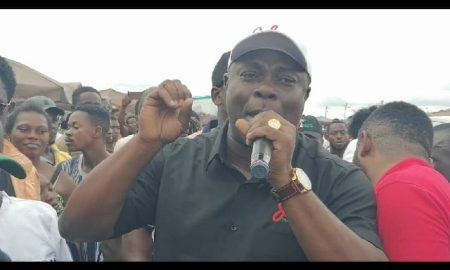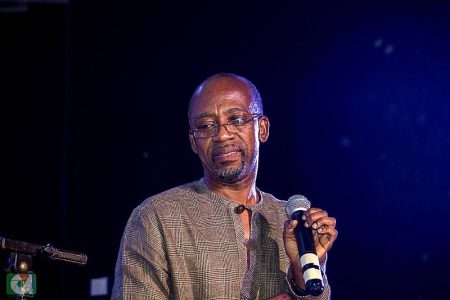In a welcome message brimming with hope and encouragement, the speaker addresses a community of believers, emphasizing the divine assistance available through faith in Jesus Christ. The speaker reflects on God’s unchanging nature—the “I am that I am”—and reassures that divine support has been present throughout the year. The message serves as a reminder to trust in God’s providence as they transition into the final part of the year. The speaker invokes scripture to affirm that God not only liberated them but is also capable of sustaining them through various life challenges, including relationships and personal struggles. This assurance is rooted in the belief that God possesses the ultimate ability to address the needs of His children.
Continuing this theme, the speaker poses critical questions on the nature of the requests believers make to God, imploring them to evaluate the breadth of their aspirations and prayers. The emphasis here lies in the need to invoke God’s word when seeking help, instead of relying on human interventions that can often fall short. The speaker encourages the faithful to open their mouths wide—an invitation to fully embrace God’s bounty and provision. By approaching God in faith, believers can expect doors to open as they align their requests with His promises. The core message underscores the importance of trusting in God’s ability to meet needs rather than looking to man or external sources for support.
The speaker emphasizes God’s desire to provide for His children, urging believers to turn away from seeking assistance in places that do not reflect His true character. The speaker expresses sorrow for those who have turned to alternative spiritualities, underscoring the importance of returning to God to receive His blessings. There is a call to maintain faith and obedience in following God’s commands, which are integral to receiving spiritual nourishment and guidance. The speaker reminds the audience of God’s comforting presence even in the darkest valleys, citing Scripture to encourage them to confront their fears with faith and belief in God’s word.
As the discourse unfolds, the speaker shifts focus to the idea that God is deeply concerned about both physical and spiritual well-being. The speaker cites instances from the Bible, such as God providing manna to the Israelites, to illustrate His capacity to meet needs. Through this reflection, believers are encouraged to adopt a child-like faith, completely reliant on God’s provision as they journey through life. The image of children trusting their parents for sustenance is presented as a parallel to the trust that should be placed in God as the ultimate source of daily bread. This heartfelt reminder serves to cultivate a spirit of reliance and gratitude among the community.
Looking ahead, the speaker declares that 2024 will be a year of encountering God’s divine power. Echoing Philippians 4:19, the speaker reassures the believers that all their needs will be met according to God’s riches through Christ Jesus. The tone turns optimistic, promising that God’s guidance and provision will continually replenish the spiritual landscape of their lives. The assurance serves as a call to renew commitment to faith practices that acknowledge and celebrate God’s sustaining grace. The community is encouraged to anticipate divine abundance that transforms them into flourishing representatives of God’s mercy and love.
In concluding remarks, the speaker leads the congregation in prayer, beseeching God for strength to overcome doubt and to trust wholeheartedly in His capabilities. The prayer emphasizes seeking provision—both physical and spiritual—aiming for an empowered testimony that reflects God’s active presence in their lives. Through this communing with God, believers are invited to align their desires with His will, manifesting a living faith that inspires others. The message encapsulates a relational and trusting approach to faith, encouraging all to stand firm in reliance on God’s promises as they move forward into the ensuing year.














